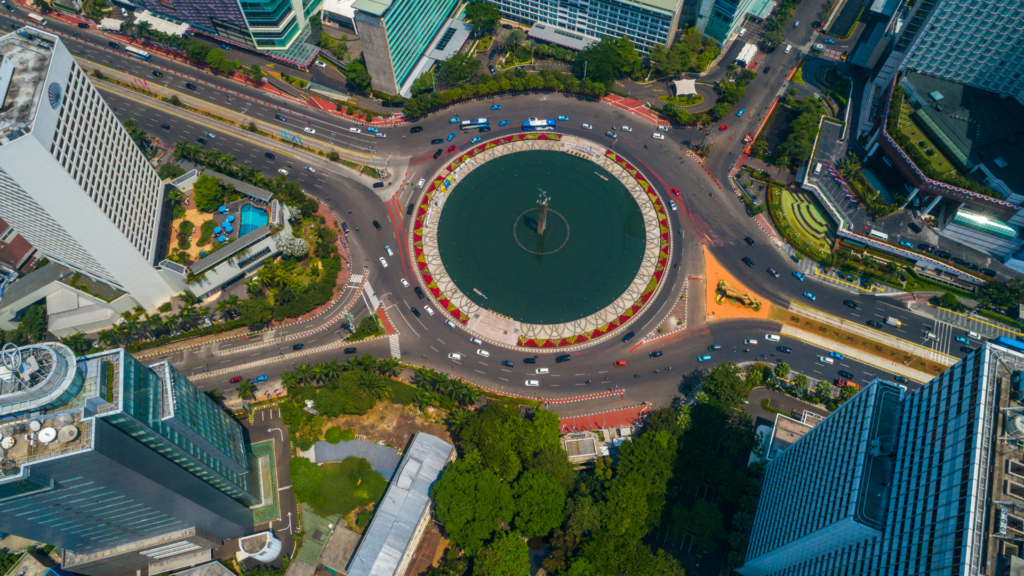According to the latest report from Statistics Indonesia (BPS), Jakarta saw a notable dip in public transportation usage in February 2025. While this may seem like a short-term fluctuation, it offers an interesting glimpse into urban mobility patterns—especially for expatriates navigating life in the capital city.
As reported by The Jakarta Post,
“In February, TransJakarta served 23.47 million passengers, a 6.12 percent decline from the previous month.”
 The Numbers Behind the Decline
The Numbers Behind the Decline
BPS attributed the month-to-month drop in ridership across several modes of transport to fewer working days in February. The report notes:
- TransJakarta: 23.47 million passengers, down from 25 million in January
- Greater Jakarta trains (KRL): 22.97 million passengers, a 2.31% decline
- MRT Jakarta: 3.62 million passengers, slightly lower than January
- LRT Jabodebek: 2.78 million passengers
- Airport trains: 376,600 passengers, an 11.28% drop
Despite the drop, public transport continues to serve tens of millions of riders monthly, reinforcing its importance in Jakarta’s growing infrastructure.
 Why This Matters for Expats Living in Jakarta
Why This Matters for Expats Living in Jakarta
For expatriates considering a move—or already navigating life in the city—public transport is an essential part of the relocation equation. Jakarta has made great strides in modernizing its infrastructure, especially with the addition of:
- The MRT, connecting central and south Jakarta with clean, air-conditioned service
- TransJakarta Busway, offering reliable bus lanes
- LRT systems, connecting Jakarta with satellite cities
- Airport rail links, ideal for frequent travelers
While private cars and drivers are common among foreign residents, many younger expats and professionals are increasingly choosing transit-oriented living—especially in neighborhoods like Cipete, Senayan, Blok M, and Kebayoran Baru, which are close to MRT stations and lifestyle hubs.
“Short-term dips in usage aren’t uncommon, especially in shorter months like February,” said a Jakarta-based urban planner.
“But the bigger trend is that more people—including young professionals and newcomers—are starting to see public transport as a viable option.”
Is Jakarta Still a Commuter-Friendly City for Expats?
Yes—with a few caveats.
The city’s public transport system is affordable, improving, and expanding, but still faces challenges like coverage gaps, crowding during rush hours, and coordination across different systems.
That said, for many expats who live near transport hubs, the benefits include:
- Lower commuting costs
- Avoiding traffic congestion
- Sustainable lifestyle choices
- Easy access to malls, offices, and schools
Noble Asia often recommends transit-accessible neighborhoods for clients who prefer walkability and connectivity. Our property options range from serviced apartments to family homes, many of which are within walking distance of MRT or TransJakarta stations.
 Thinking of Moving to Jakarta?
Thinking of Moving to Jakarta?
Whether you’re a seasoned expat or just arriving, understanding Jakarta’s transport landscape is key to feeling settled. At Noble Asia, we help you find not only the right home—but also the right neighborhood based on your daily needs, commute preferences, and lifestyle.
📍 Want to live near a train station or transit line?
📩 Let us help you find your perfect place—connected, convenient, and right where you need to be.



